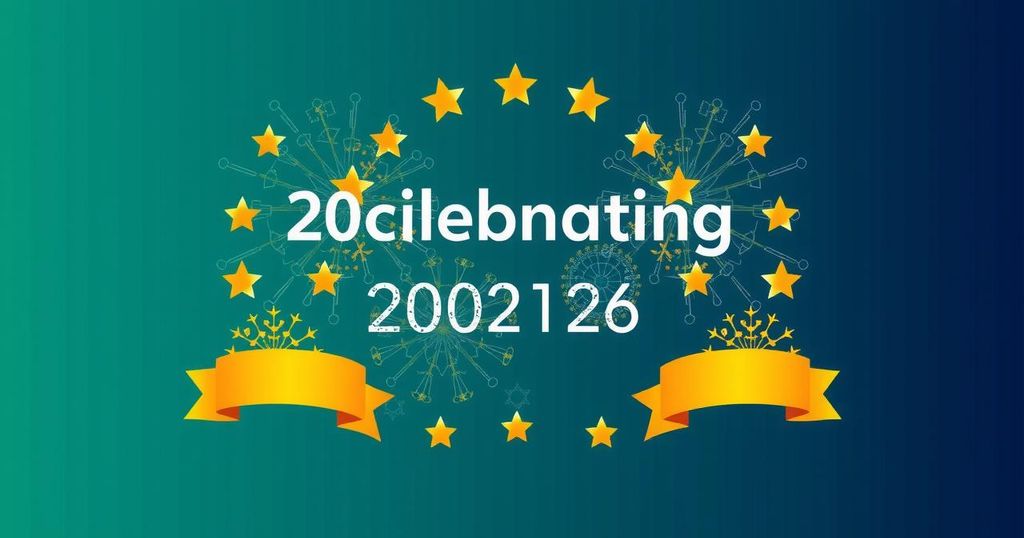ChatGPT Turns Two: Transforming Scientific Research and Collaboration
ChatGPT, launched two years ago, has heavily influenced scientific research by aiding in academic writing, literature review, and data coding. Despite productivity gains, concerns about plagiarism and accuracy have emerged. A survey revealed over 81% of researchers use AI tools, stressing the need for AI skills in academia. Overall, while AI integration presents advantages, it also raises ethical queries in the research community.
Two years into its journey, ChatGPT has transformed the realm of scientific research, carving paths for researchers to enhance their writing, navigate extensive literature, and even code data analysis tools. Released on November 30, 2022, the AI chatbot has sparked a heated debate among scientists—while many laud its ability to boost productivity, concerns loom over its role in plagiarism, inaccuracies, and its substantial energy consumption. A survey by Wiley highlighted that 81% of 1,043 researchers used AI, predicting that developing AI skills will become essential for scientific work within five years. The implications of ChatGPT and similar tools are profound; estimates suggest that around 60,000 scholarly articles published in 2023 utilized large language models (LLMs) for assistance, tackling elements from abstracts to peer reviews. Debora Weber-Wulff’s research indicates that detection tools are struggling to identify AI-generated content effectively, raising worries about academic integrity. Despite these challenges, many scientists experience increased efficiency, allowing them to devote energy towards more complex questions and creative exploration. Furthermore, ChatGPT has proven particularly advantageous for non-native English speakers, democratizing access to quality writing assistance. Yet, it falls short in conducting thorough literature reviews—highlighting the importance of human comprehension to assess research relevance. Privacy concerns arise when researchers share unpublished data with these models, further complicating their usage. As exploration continues into the intersection of AI and research, ambitious projects like virtual labs are emerging, where LLMs collaborate with human scientists to innovate. The potential is vast; many dream of a future where AI can contribute original ideas alongside human ingenuity.
The article explores the impact of ChatGPT on scientists and researchers over the past two years since its public debut. It discusses both the benefits and challenges of integrating generative AI tools into academic work, including improved writing and productivity as well as the risks of plagiarism and inaccuracies. A major survey reveals widespread use among researchers, indicating that AI is reshaping the academic landscape, pushing the boundaries of collaboration between AI and human intelligence.
In summary, ChatGPT has made a notable mark on the scientific world, presenting both opportunities and challenges. Researchers are leveraging its power to enhance writing, transcend language barriers, and optimize productivity. However, ethical concerns about plagiarism and data security persist, necessitating careful navigation of this evolving terrain. As we explore the frontier of AI in science, the journey teems with potential for innovation and collaboration, heralding a new era for research.
Original Source: www.nature.com




Post Comment